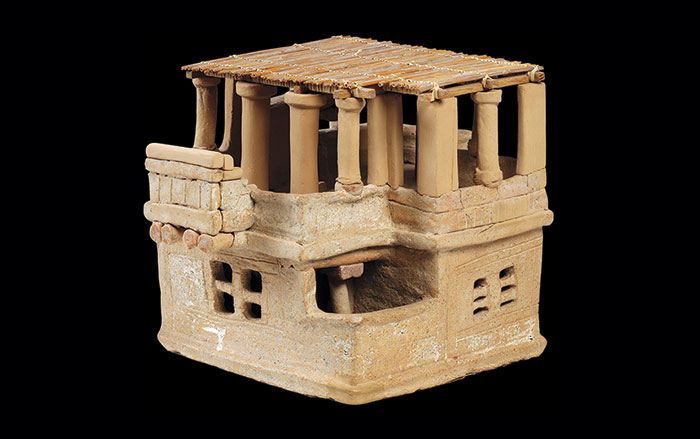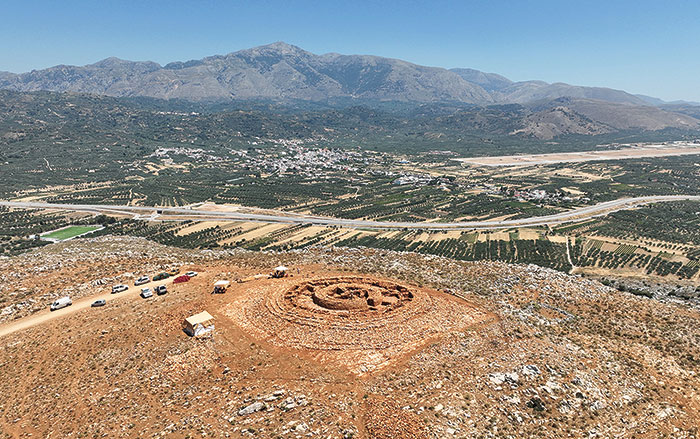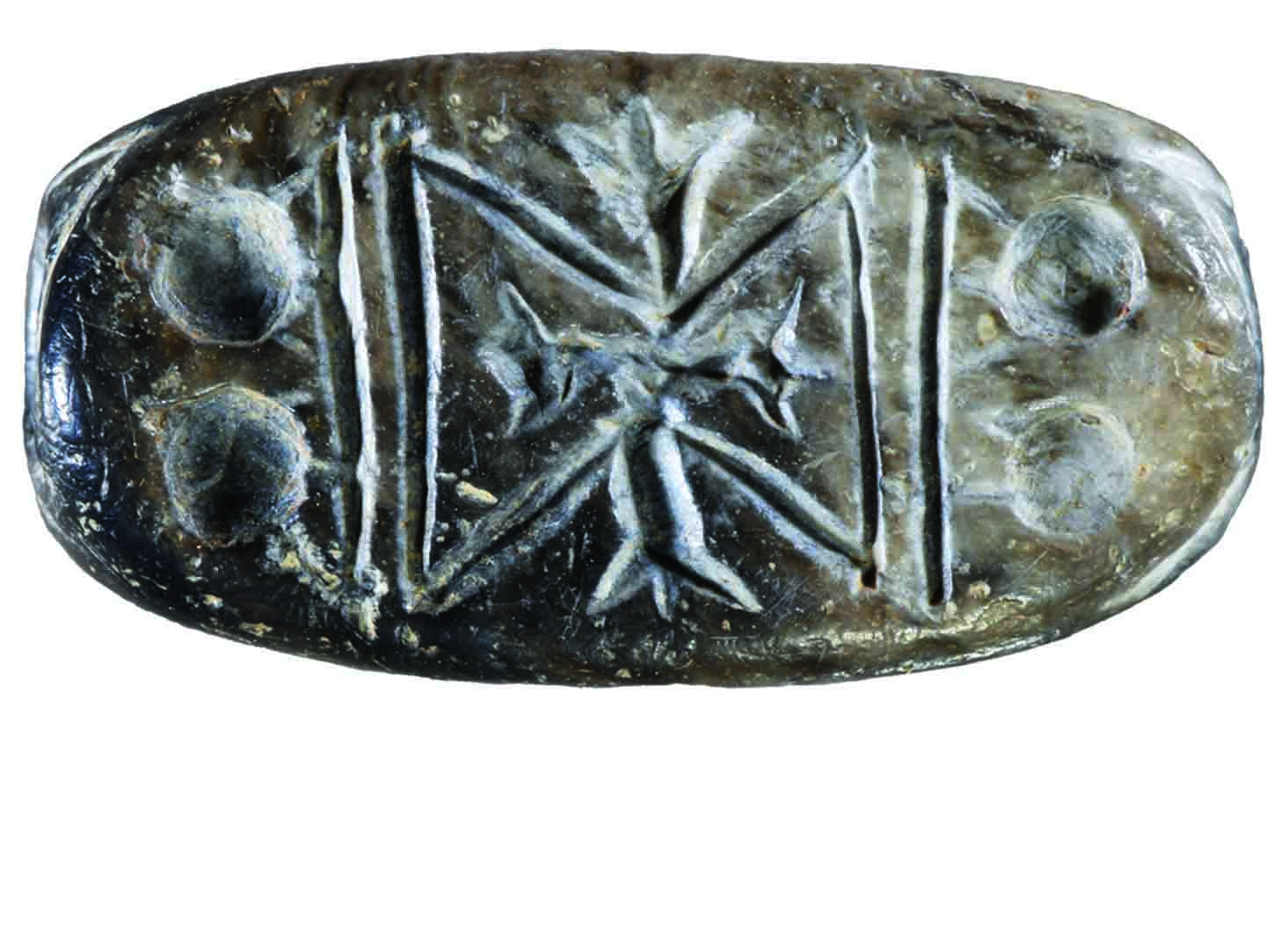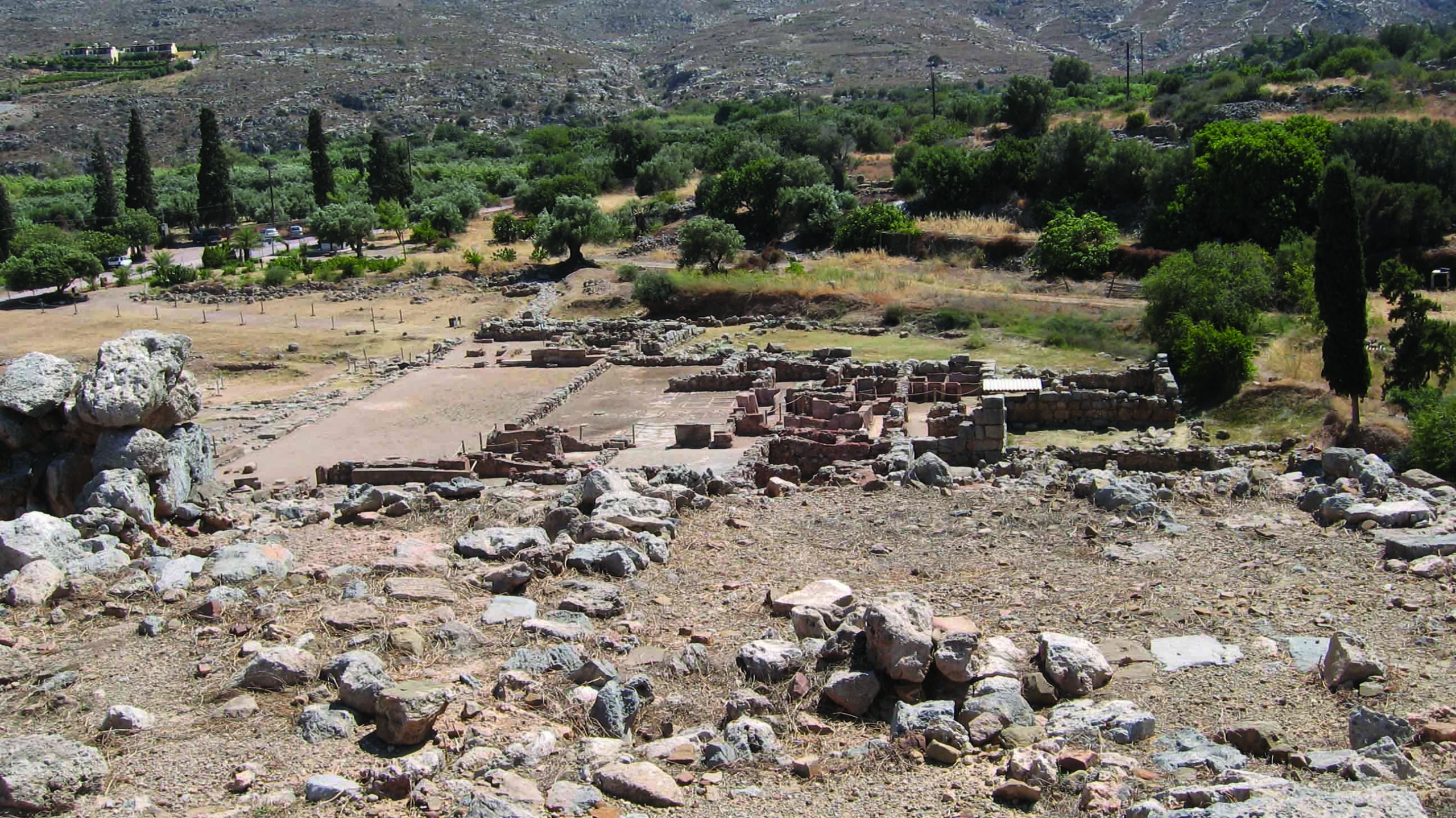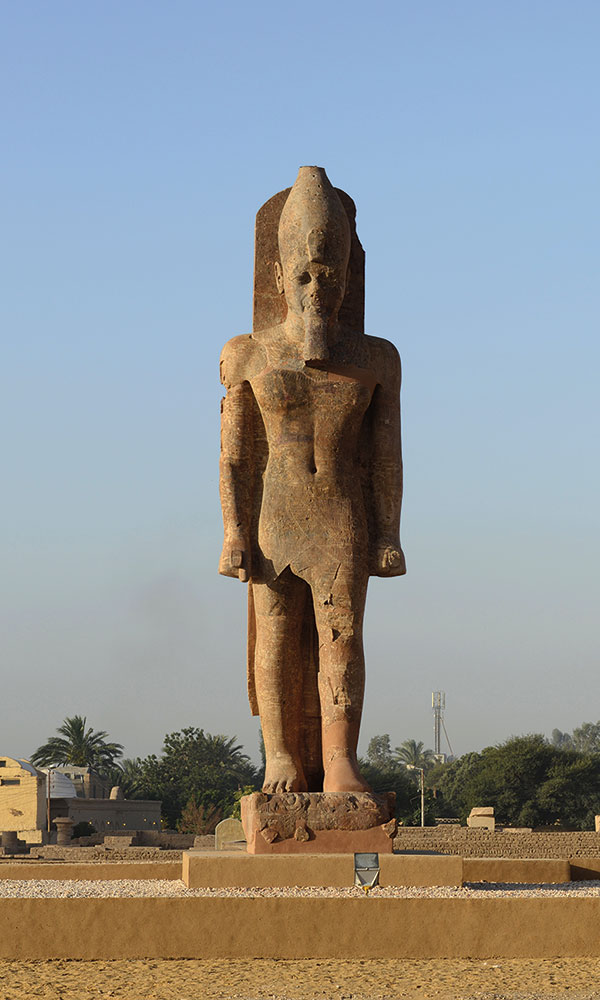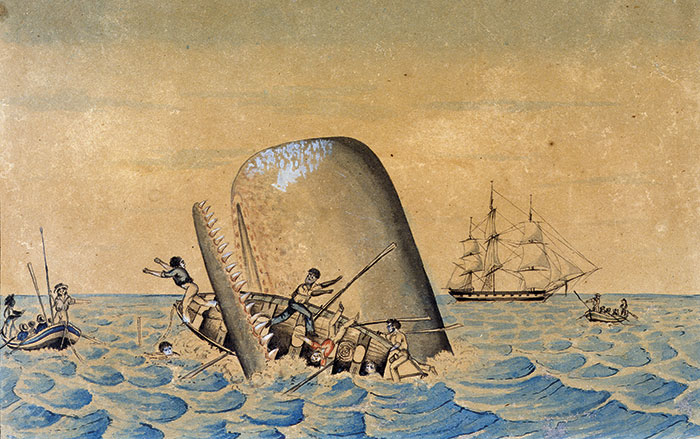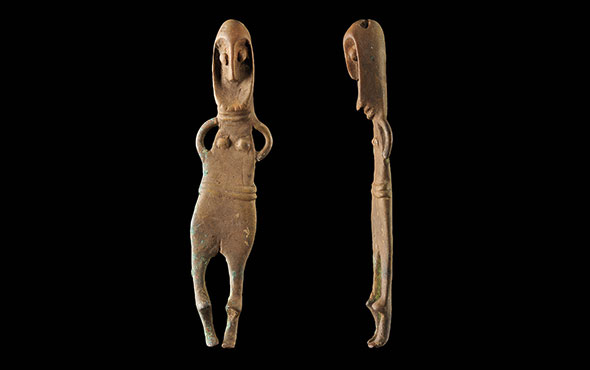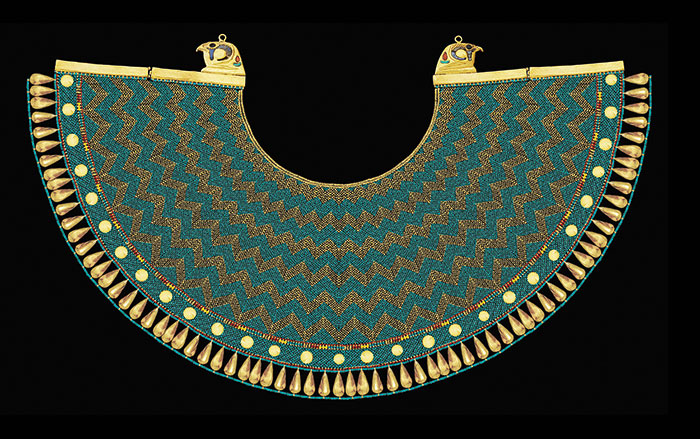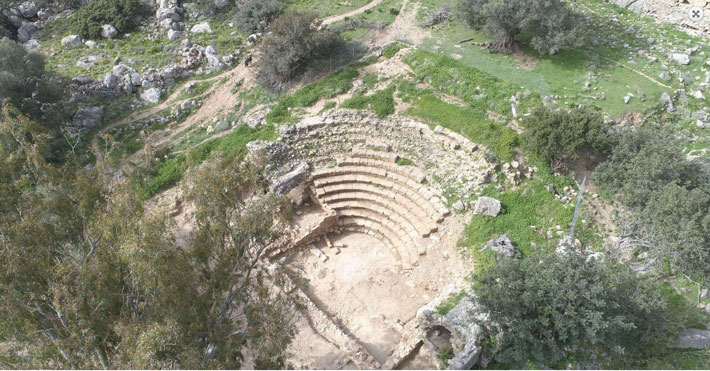
CHANIA, GREECE—According to Live Science report, a Roman-era odeon has been discovered at Lissos, a remote ancient town on the island of Crete dated back to the fourth century B.C. Located across the Mediterranean Sea from Libya’s ancient Greek city of Cyrene, Lissos was likely a stop on Mediterranean trade routes. Katerina Tzanakaki of the Ephorate of Antiquities of Chania and her colleagues have uncovered part of the odeon’s stage, 14 rows of seats, and two vaulted side chambers. Lectures, theatrical performances, and literary and musical contests were probably held in the structure. Because of its location near the city center, it may have also been used for city council meetings, Tzanakaki added. The building is thought to have been heavily damaged by falling boulders during an earthquake in the fourth century A.D. To read about votive offerings left in the mountains of eastern Crete in the seventh century B.C., go to "Cretan Antiquing."


